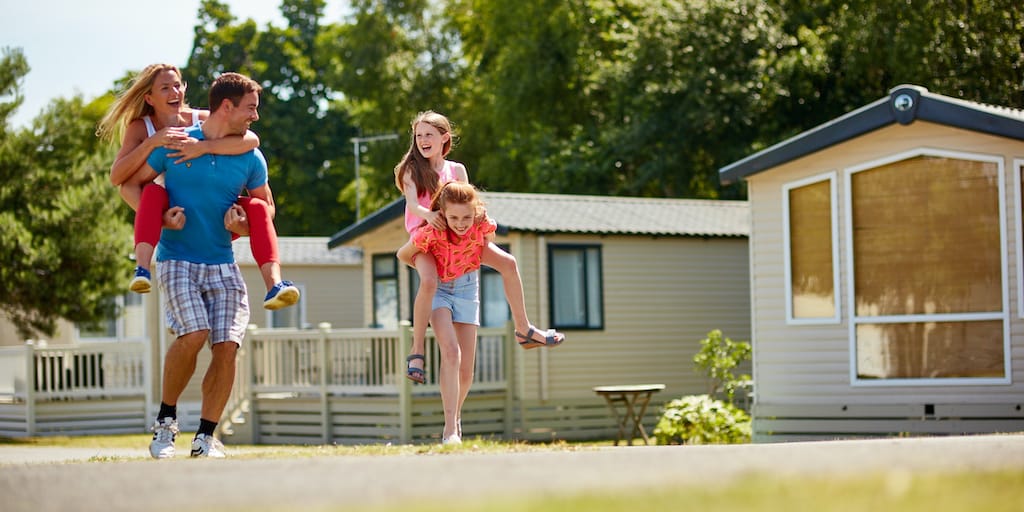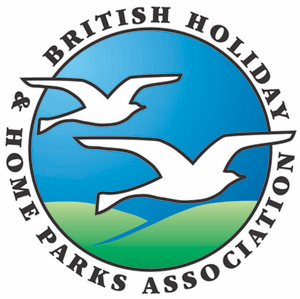Holiday Parks set to help families join battle for bees

Gardens across Britain could soon become more honey bee friendly than ever, thanks in part to the lead provided by UK caravan, camping and holiday parks.
That’s the view of parks wildlife advisor Rufus Bellamy who is helping to head a nationwide bee-saving initiative with the British Beekeepers Association.
Rufus says that a raft of imaginative measures taken by parks to help bees flourish can, in many cases, be adopted by families inspired by what they see on holiday.
Ideas capable of finding their way back home include the planting of high-nectar bearing blooms, the reduced use of garden chemicals, and even the siting of bee hives.
According to Rufus, many parks report guests asking for advice on how they can do their bit for the beleaguered bee in their own back yards.
The parks concerned are among the 550-plus which belong to the David Bellamy Conservation Award Scheme, pioneered by Rufus’s world-famous botanist father.
Many of these parks have taken the “honey bee pledge” after it was introduced in 2015, and the numbers continue to blossom says Rufus:
“Joining the pledge gives the parks access to practical help in turning their grounds into honey bee sanctuaries, and that’s just what is happening up and down the country,” he said.
“They are introducing more flowering plants which provide valuable nectar and pollen in the spring and autumn – and which also benefit other pollinators such as butterflies.
“As part of their honey bee pledge, parks are also providing information so that holiday guests can take their own bee-saving steps, and many say there’s been a keen uptake.
“Flowers such as honeysuckle, foxgloves and heather make fantastic additions to gardens, and bees love them; some parks are even offering bee-friendly seed mixtures to give guests a head start.
“An increasing number of parks now stock delicious honey from their own hives, and this is also an option for many families if they contact their local Beekeepers Association branch.
“Other ideas, easily workable even in town and city gardens, include providing “glamping pods” – such as small tunnels drilled into logs – for species such as the endangered solitary bee.
“Many experts blame the decline of foraging flowers and nesting habitats for the worrying fall in bee numbers – but every home with a garden can play its part,” said Rufus.
More parks than ever are expected to take the “honey bee pledge” this year, and will be named when the 2016 David Bellamy Conservation Awards are announced in September.


